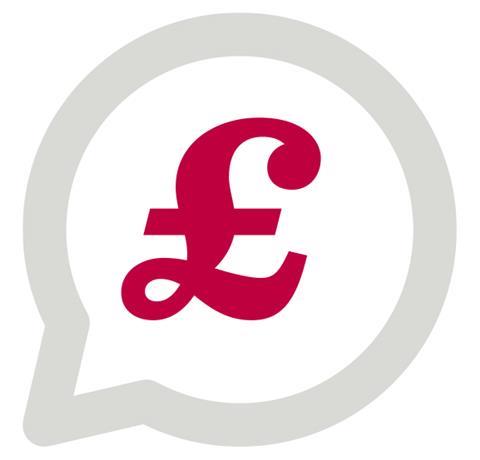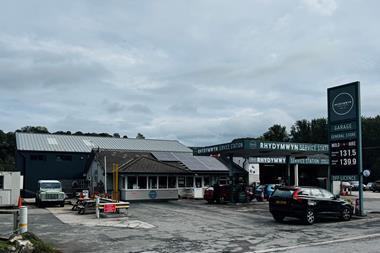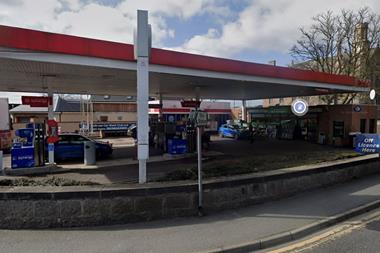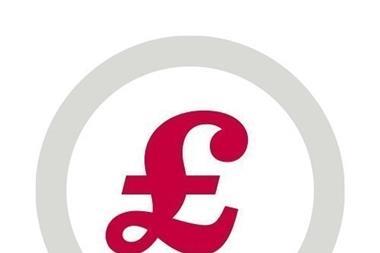
Back in March, when I wrote that pump prices of £2 a litre could be expected very soon, even a few close friends and colleagues told me that I was a pessimist and/or alarmist.
As I write this, my nearest forecourt is selling diesel at 194.7 ppl (and is among the lowest priced within at least 25 miles). Meanwhile, the noise in the media is all about retailers supposedly ‘profiteering’ – yet again.
Wholesale prices have dropped in the last few days, they say. So why are pump prices still rising? The only obvious answer is that “retailers are exploiting their customers…”. Never mind that the ‘wholesale prices’ to which they refer are very often nothing of the sort. In many cases they’re actually referring not to finished product (ie unleaded petrol and diesel) but to crude oil prices, usually only expressed in US$ per barrel.
Even the smarter commentators tend to ignore complications such as delivery and distribution charges, which can be quite considerable for those smaller retailers lacking large tank capacity who are restricted to smaller delivery quantities, which incur a delivery premium from the supplier. Nor do they take account of the time-lag between order and delivery times, but again that may just be ‘detail’ in the bigger picture.
Much has been said in the media about retailers supposedly failing to ‘pass on’ the Chancellor’s Fuel Duty cut of 5ppl back in March. In fact, as far as I’m aware, most retailers did factor the cut into their price calculations when the first delivery invoice with the lower duty rate arrived – although sometimes that may have been a week after the Chancellor’s announcement – but they could hardly do it any sooner when they’d already paid the old rate of duty on the stock in their tanks. Unfortunately, in the same week that the much-heralded duty cut was applied, the newly-arrived fuel invoices only showed something like a 1-2ppl overall drop in prices, since the rest had already been absorbed by rising supply prices. Or in other words – don’t blame the retailer!
Let’s for the sake of argument take the ‘wholesale’ price of a litre of diesel (including bio-fuel additives and delivery to the forecourt) today as 102ppl. Then add fuel duty at 52.95 ppl. That essentially means that the basic cost to the forecourt is 154.95 ppl – without any element of retailer margin at all. Add 20% VAT, and that litre could in theory be sold at 185.94ppl to the punter on the forecourt.
The retailer in such a case would not only be making zero contribution to the gross margin required to cover (ever-rising) operating expenses but, since the vast majority of fuel purchases are paid for using a plastic card, would immediately lose nearly 2p a litre in credit card commission costs. And we shouldn’t need to point out yet again that the higher the ‘wholesale’ price (even at zero retailer margin) the higher the cost to the retailer of credit card or fuel card sales.
Big surge
Everyone is aware of the biggest surge in consumer prices for over 40 years in this country (and indeed in much of the rest of the world), and the reasons for it (Covid and associated supply shortages worldwide, the Ukraine war and Brexit, etc.). And it’s easy to see the hardship that these price rises are causing to consumers, even before the next increases in domestic energy costs later this year. But it’s simply childish to keep screaming at petrol retailers to cut pump prices when those retailers themselves are facing constantly increasing operating costs. The only realistic way of reducing pain for consumers would be for the government to make substantial (and that means maybe 25-30ppl) cuts to fuel duty and/or a decrease in the 20% VAT on road fuels. Unfortunately, I can’t see that happening.
But there is another, more worrying prospect coming, and it was actually reported here in Forecourt Trader on May 30 this year.
The article by Elliot Radley pointed out that the whole of Europe is quite likely to be very short of diesel later this year. In the short term this rather depends on the situation with Russia, but taking a longer-term view it’s simply because there isn’t enough capacity across the whole of Europe to refine the amount of diesel needed to meet demand.
Over the last 20 years or so, quite a number of old refineries have closed and have not been replaced – here and in the rest of Europe – because it seemed that we could always obtain refined product more cheaply from elsewhere. Now the supply chain has been broken, we can see that the idea had its flaws. To quote Elliot Radley: “The concern is widespread. The only relief currently is that demand is subdued by high retail prices. But demand will be back. At the moment, nobody can explain how it will be matched by supply.”
So even if there’s another cut in fuel duty, it may not help the problem with diesel prices at all.
01942 816512
ekwgroup.co.uk

































No comments yet